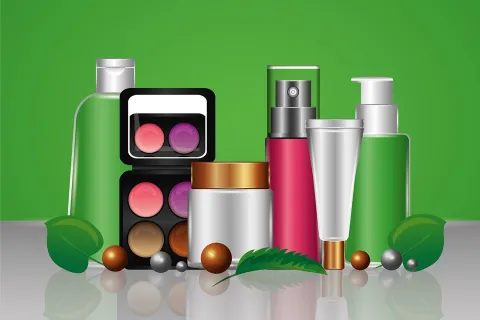
Compliance with GMP guidelines in the cosmetic industry is crucial for ensuring product safety, quality, and regulatory compliance. Here are some compliance tips and best practices for cosmetic businesses in the Philippines.
Understanding GMP
Good Manufacturing Practices (GMP) are guidelines that ensure products are consistently produced and controlled according to quality standards. In the Philippines, the Food and Drug Administration (FDA) regulates cosmetic products, requiring manufacturers to adhere to GMP as outlined in the ASEAN Cosmetic Directive (ACD) and ISO 22716 standards. Compliance with these standards not only helps in meeting regulatory requirements but also enhances consumer trust and product quality.
Compliance Pathway
Obtain a License to Operate (LTO): Before engaging in any manufacturing activities, businesses must secure an LTO from the FDA. This license is essential for the production, importation, and sale of cosmetics.
Implement Standard Operating Procedures (SOPs): Establish clear SOPs for all manufacturing processes, including raw material handling, production, and quality control. This ensures consistency and minimizes errors during production.
Maintain Clean Facilities: Ensure that manufacturing facilities are designed for sanitary operations. This includes using smooth and easily cleanable surfaces and maintaining adequate ventilation and lighting.
Train Personnel: Staff involved in the manufacturing process should be well-trained in GMP principles. Regular training sessions can help ensure that employees understand their roles in maintaining product quality and safety.
Conduct Regular Audits: Regular internal audits can help identify areas for improvement in compliance with GMP. Consider third-party audits for an objective assessment of your practices.
Best Practices
Quality Control Testing: Implement rigorous testing protocols for raw materials and finished products to ensure they meet quality standards before reaching consumers.
Documentation: Keep detailed records of all manufacturing processes, quality control tests, and employee training. This documentation is crucial for compliance verification during FDA inspections.
Continuous Improvement: Foster a culture of continuous improvement within the organization. Regularly review and update practices based on feedback and industry developments to enhance compliance and product quality.
By adhering to compliance tips and best practices, cosmetic businesses in the Philippines can effectively uphold GMP, ensuring that their products are safe, high-quality, and compliant with regulatory standards. For regulatory assistance in the Philippines cosmetics market, consult our regulatory experts at Freyr.









